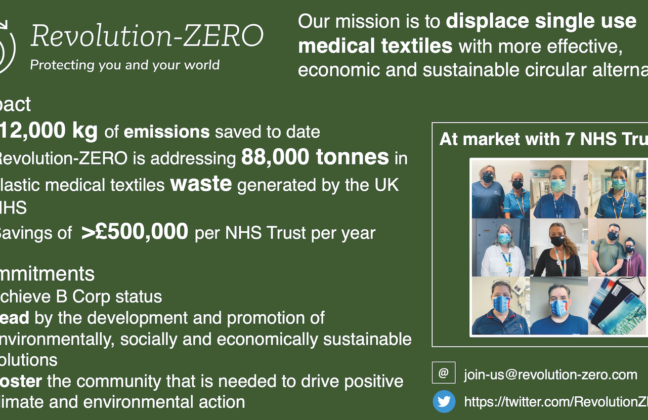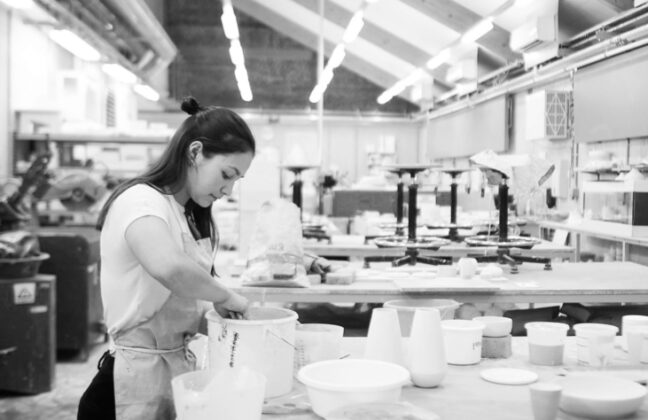As part of this month’s stories focused on Recycling and Value Retention, we are featuring several enterprises and …
Circular Food: The Mandala Consortium

With the pressures on our food systems increasing, poor diet affecting many across the UK, and unsustainable, linear supply chain practices continuing to impact both the environment and consumers, a move towards a nourishing, circular food system is essential. The Mandala Consortium is a research programme focused on making these changes, and transforming urban food systems for planetary and population health. Centred on the city of Birmingham, the project is one of four funded by the £47.5 million Strategic Priorities Fund Programme, ‘Transforming the UK Food System for Healthy People and a Healthy Environment’. To find out more about this programme, read our CE Story here.
Bringing together teams from the Universities of Cambridge, Birmingham, Warwick, Exeter, and the London School of Hygiene and Tropical Medicine, the Mandala Consortium aims to transform the urban food system and its relationship with its regional economy in the West Midlands, eventually using their findings to implement change across the UK.
As part of the programme’s launch, the Mandala Consortium has created a short video outlining the current issues in today’s urban food systems, introducing the team and their visions for the project, and the programme’s strategy. Watch the video below, or click here.
To find out more about how circular economy practices can be implemented to improve food systems, read our CE story on The Cop26 Roundtable On Food, Mobility, And The Circular Economy.
To find out more about the Transforming the UK Food System for Healthy People and a Healthy Environment’ and the three other funded projects, read our CE Story here.






